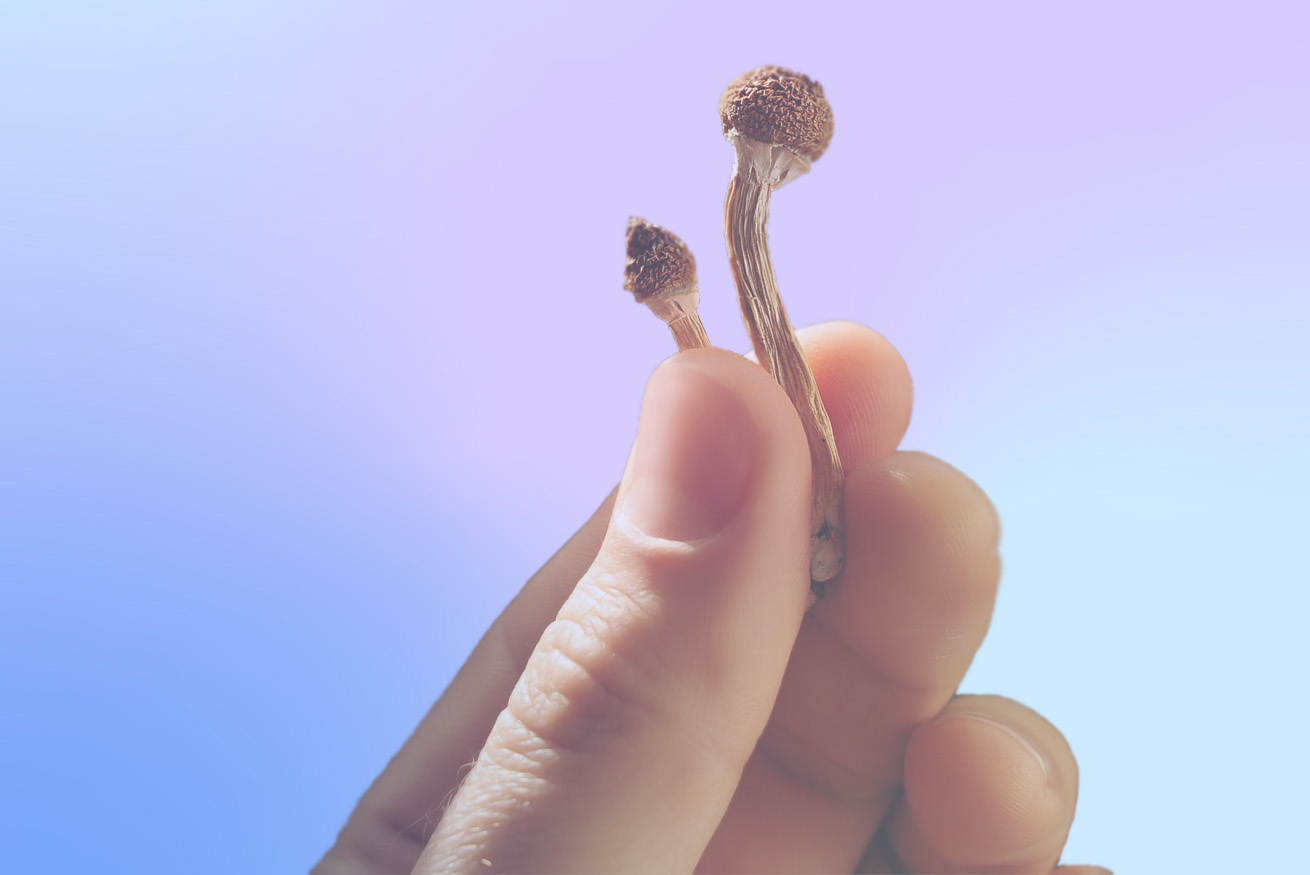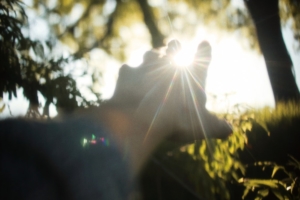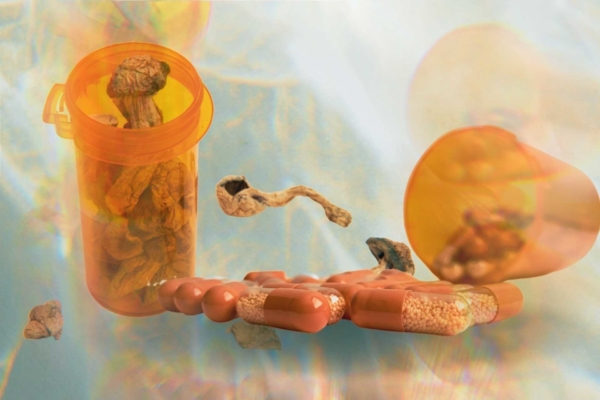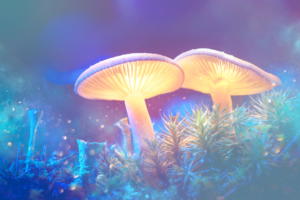
There is growing evidence that consuming small doses of psychedelics can provide various mental health benefits, with a new study showing that adults with mental health concerns who were microdosing psychedelics reported lower depression, anxiety, and stress levels.
The study, published in Scientific Reports, evaluated the microdosing practices, motivations, and mental health of self-selected microdosers and non-microdosers.
The practice of microdosing — consuming a small fraction of what is considered a recreational dose of a hallucinogen such as psilocybin or LSD — has become increasingly popular over the last decade. The authors of this study note that what constitutes microdosing is yet to be articulated, but it is generally described as: “successive self-administration, within a limited time window, of doses of psychedelics that do not impact normal functioning and are predominantly sub-sensorium.”
Evidence supporting microdosing’s claimed benefits, such as boosted creativity and productivity, and reduced anxiety, has been mainly anecdotal to date. Multiple studies are underway to scientifically validate these claims.
This study is the first to identify associations between microdosing and reduced severity of symptoms of depression, anxiety, and stress among adults with reported mental health concerns. “The present results add to prior research that has identified positive associations between microdosing and mental health,” the researchers said.
“Carefully controlled clinical trials are required to more confidently elucidate the potential risks and benefits of psychedelic microdosing, however, the present findings suggest that microdosing psychedelics does not appear to be associated with increased acute negative outcomes, even among potentially vulnerable groups such as those with mental health concerns.”
The researchers also identified that participants’ top motivations for microdosing were health and wellness-related, and this was more prominent for females and among individuals who reported mental health concerns. The most widely endorsed motivations for microdosing were “enhancing mindfulness,” followed by “improving mood,” “enhancing creativity,” and “enhanced learning.”
Psilocybin — a psychoactive compound found in certain species of mushrooms — was the most popular choice for microdosing, with 85% of participants reporting using this substance. This is higher than earlier studies, which the researchers attributed to the destigmatization of psilocybin that has been amplified by policy changes such as the decriminalization of psilocybin possession in several jurisdictions. About 11% of participants reported using LSD.
The researchers also identified a diverse range of microdosing practices regarding dosage, frequency (ranging between one and four times per week), and the practice of stacking: combining microdoses of psychedelics with other substances proposed to increase health benefits. In this study, more than half of the participants reported combining psilocybin with non-psychedelic substances such as Lion’s Mane mushrooms, chocolate, and niacin.
This study also showed microdosers were less likely to use alcohol and were most likely to abstain from consuming alcohol entirely. Similarly, microdosers were also more likely to refrain from using nicotine, with more than 25% of participants saying reducing their use of this substance was a motive for microdosing.





